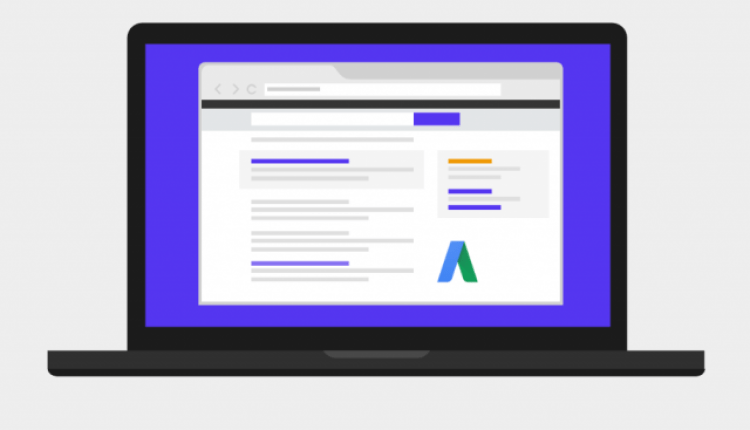3 Tips to Improve Your Google AdWords Results
Google AdWords can be an immensely powerful marketing tool if it’s used correctly, but there are some key mistakes that people tend to make when they set up their campaigns that can significantly impair the effectiveness of the tool or even ruin their chances of success altogether.
Whether you’re running an established business or are just getting started, Google AdWords NZ can be an excellent way to advertise your product or service, bringing in new clients and increasing profits. The only problem is that it can be confusing to figure out what keywords to use and which ones to target, as well as how to craft ads that appeal to potential clients while not coming across as spammy or offensive. The following tips will help you maximize your Google AdWords ad results by using the right keywords and crafting the right ads, which will hopefully lead to more traffic and sales over time.
1) Avoid keyword stuffing
Your AdWords results will depend largely on the keywords you choose. You want to avoid keyword stuffing, which is adding your target keywords so often that it looks like spam. Remember that people are searching for products and services, not just a list of words that might be relevant to their search.
To improve your results, try these three tips:
- Make sure your ads are clear and concise
- Include a call-to-action in your ad copy (e.g., download this free whitepaper)
- Use negative keywords to weed out irrelevant search terms
Focus on long-tail keywords rather than one or two keywords. You can use Google’s Keyword Planner to find long tail keywords that are relevant and get more traffic. When using your ads, try using multiple words (the long-tail keyword) instead of just one word (the head keyword). For example, a good title would be: How to lose weight fast vs weight loss tips. The former will get more clicks, as it is more targeted. Remember to always include your target keyword in your ad text.
2) Avoid using keywords that aren’t relevant to your brand
Avoid using keywords that aren’t relevant to your brand. This can be a simple way to avoid wasting time, money, and energy on words that don’t pertain to your product or service. For example, if you’re a pet-sitting company and you want to advertise your services, you should not use the word seo in your AdWords text because it doesn’t relate to what you do for a living.
Don’t use too many keywords in one sentence. If you try to cram too many words into one sentence, it might become difficult for people reading it to understand what the message is trying to convey so stick with no more than two keywords per sentence.
A good rule of thumb is to make sure your adtext reads as naturally as possible. When we see an advertisement, we want to know right away what they are selling and why we need it. We also want them to tell us how much it costs and why we should buy from them instead of another company
3) Adjust your bids based on your target customer and their search behavior
Bidding is a key component of your campaign. You can think of bidding as the price you’re willing to pay to show up in the top spot for a search query. Bidding is an art and science, but there are some guidelines that will help you with the process. While we recommend testing different bids in order to find what works best for your business, here are three broad rules that may help improve your performance:
- Bid competitively for high volume search queries where you want to be sure that your ad is shown on the first page
- Bid competitively for medium volume searches where competitors aren’t bidding heavily or at all
- Bid low for long-tail queries where few advertisers are competing and it’s easy to rank organically.

